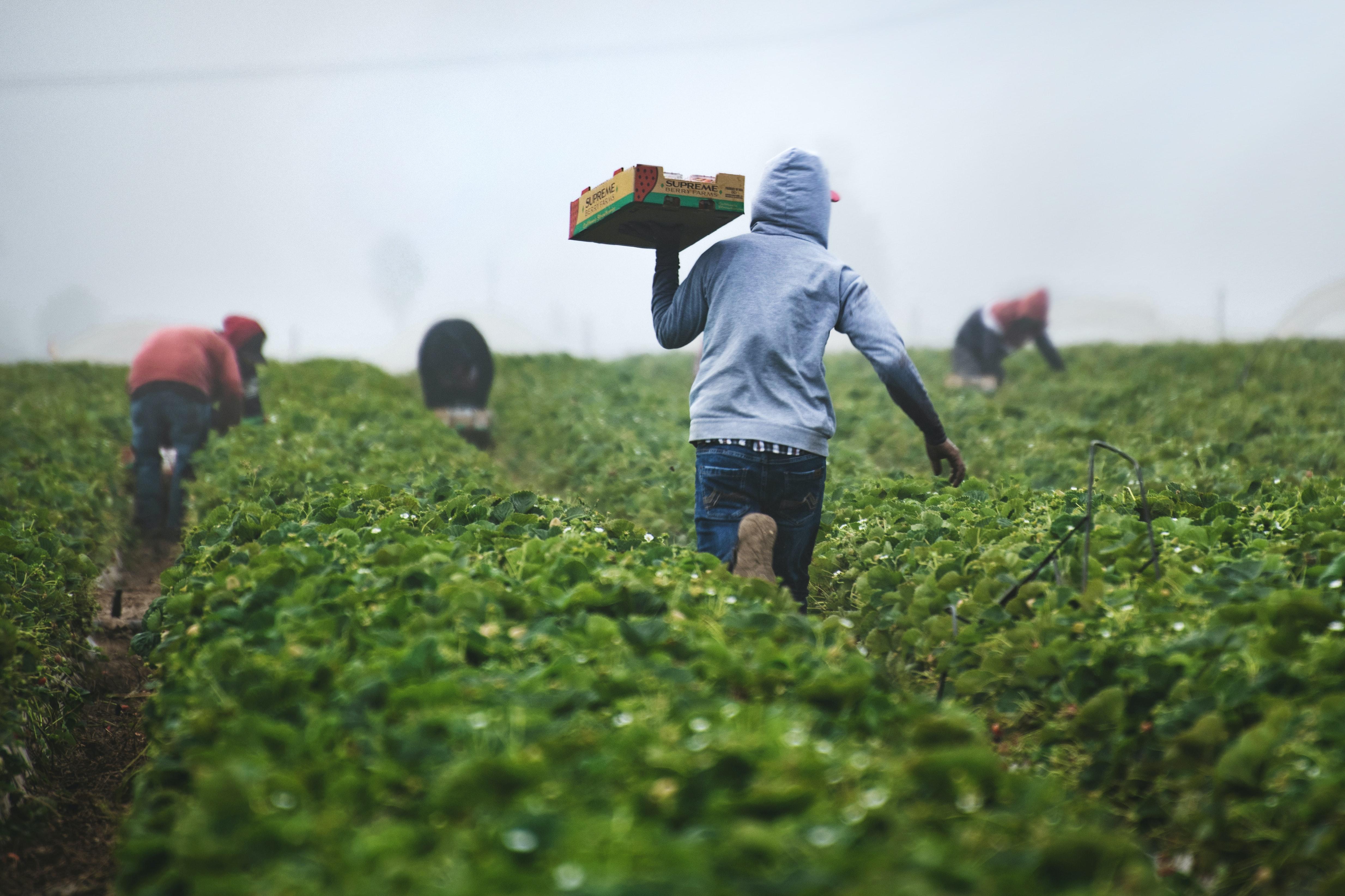
Introduction
Russia’s invasion of Ukraine has exerted significant shocks on global food supply chains, and the impacts of this are quite severe for countries in sub-Saharan Africa (SSA). Particularly in Libya, Kenya, Mauritania, Eritrea among others that are highly dependent on Ukrainian wheat. By the end of 2022, over a hundred million people in SSA were facing acute food insecurity. If not addressed, the shocks could deepen poverty and lead to social and political unrest in the region. This blog argues that to avoid being at the mercy of such geopolitical rampages, African countries need to transform their highly fragile and import-dependent food systems and apprehend the opportunities that arise from intra-African agricultural trade.
The war's ripple effects on global food markets
23 February, 2022, marked the start of the Russian invasion of Ukraine. Previously, the two countries were major contributors to global markets for oils and grains, as shown in the figure below.

Additionally, while Ukraine is a major global grain exporter, Russia is the world's leading producer of natural gas which is used in the manufacturing of synthetic fertilizers. The ensuing war disrupted the supply of these commodities and pushed global market prices for food and fuel up.
Predictably, the war threatened African food security in three main ways. First, the immediate rising food import bill increased the debt burden of poor African countries. Second, this led to a food accessibility problem which contributed to pushing some African countries to the brink of famine. Third, increasing fertiliser prices threatened Africa’s future food production
Amidst rising food and fuel prices, the role of Ukraine in food price stabilization is enormous. Hence, on 22 July, 2022, the United Nations (UN), Russia, and Ukraine signed the Black Sea Grain Initiative allowing the safe passage of Ukrainian-produced grain and oil seeds along humanitarian corridors. The first shipment following the signing of this deal was made on the 1st of August 2022. 33 million metric tonnes of Ukrainian food have since been exported, with a quarter of this going to African countries. The initiative has led to market stabilisation and reduced global food prices by at least 20 per cent. The deal was not renewed after its third term in July 2023 and concerns around the rise in food insecurity arose again.
The apprehensions surrounding the potential collapse of the deal underscored the fact that the initiative merely provided a transient and unsustainable respite.. As expected, when the deal was not renewed in July, Ukraine found alternate routes for transporting grain to European markets. However, these routes have been bombarded with Russian attacks and are expensive, thus making Ukrainian grain more expensive and economically inaccessible to low-income countries.
Missed opportunities and ongoing challenges
While the black sea grain initiative positively impacted global food markets, it is unsustainable to continue relying on it because the war has disrupted both Ukraine’s exports and its production, which is down by 27%. The black sea deal should have been a window of opportunity for dependent African countries to seek alternate grain sources. This, however, did not happen and has further strained food systems since the deal came to an end.
Meanwhile, Russia has millions of tonnes of grain to export, including, harvests alleged to be from occupied Ukrainian territories - and is back on the wheat export list for the year 2022/23. In response to this “opportunity,” developed countries have increased their wheat production for international markets. The International Grain Council statistics have revealed that the grain market will not face shortages, Russia alone has stepped up its own wheat export by 5%. The implication for this is that African countries will continue to import grain, yet it would have been preferable for this disruption to cut its reliance on imports.
More needs to be done to transform the highly fragile, import-dependent African food systems to avoid such crises in the future. It is particularly saddening to see that African countries are just as reliant on war-stricken Ukrainian and Russian food imports a year after the war broke out. It is also concerning to see that one year later, the extension of the black sea initiative is still the primary multilateral solution to averting a food insecurity crisis for developing African countries. This is despondent for a continent whose agricultural sector employs over 60 percent of its workforce and contributes to a third of its GDP.
A more holistic African-centred way forward?
The Russian-Ukrainian war should be an eye-opener for Africa to shift from import reliance to self-sustaining food systems within the continent. The rising population and demand for food in SSA provide considerable potential for intra-African trade. Regional-level programs such as the Comprehensive Africa Agriculture Development Programme (CAADP), the African Continental Free Trade Area (AfCFTA), by the African Union (AU), and Feed Africa by the African Development Bank (AfDB) play important roles in transforming African food systems and promoting intra-African trade.
By removing trade barriers and other trade inefficiencies involved in trading within SSA, pan-African strategies such as the AfCFTA help to develop sustainable export markets for agricultural produce. The Feed Africa initiative on the other hand, is aimed at making Africa a net exporter of food by 2025. Using such frameworks, African countries can devise ways to increase domestic investments toward transforming their food systems.
The private sector, as a huge force, has a critical role to play in transforming the food system, both now and in the future. The public sector will need to scale up investments required to crowd in private investments in agriculture and create an enabling environment for the transformation to occur. This includes investments in:
- agricultural extension and R&D for export commodities, particularly intra-Africa;
- irrigation infrastructure particularly for smallholder farmers, to enable year-round food production;
- the infrastructure needed to move agricultural commodities from farms to ports/consumers; and
- inclusive financial services that promote access to credit and insurance.





